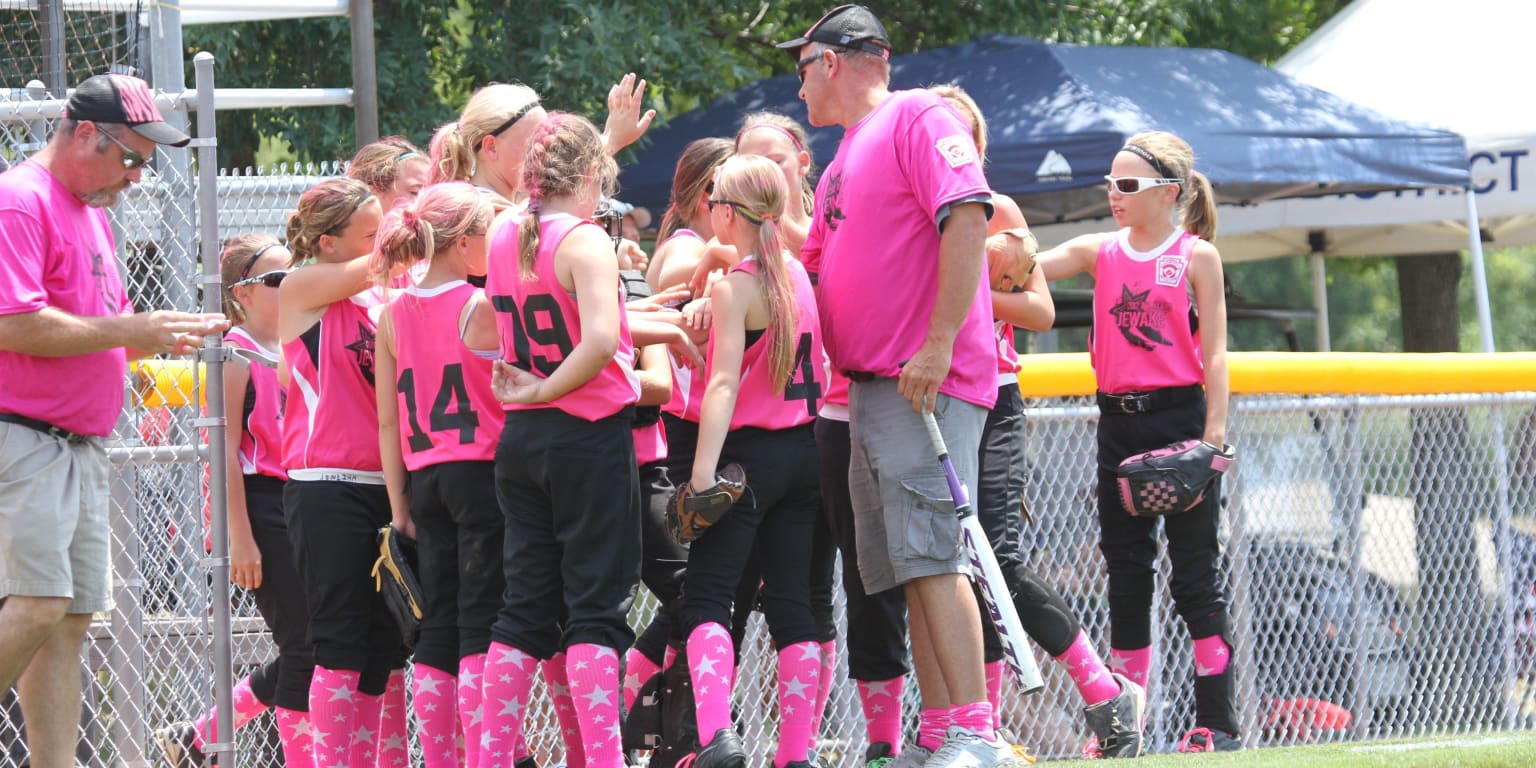Team-Oriented Leadership Teaches Life Lessons

Leadership is a concept coaches in every sport not only value, but also want to help develop in their players. For some coaches, that means having a captain, or two, to handle the bulk of leadership responsibilities on their teams, with those individuals serving as a bridge between the coaches and players.
The team-oriented leadership approach employed by Carrollton (Texas) Creekview High School Head Softball Coach Matt Schell is different, if not innovative.
“I do not assign captains,” said Mr. Schell. “What we try to establish is a dynamic that we are all exactly the same. No one player has a higher voice than another one. We’re all on the same page. Our captains are pretty much our entire team. That’s how we look at it.”
Mr. Schell realizes what a paradigm shift his approach is to his players, most of whom are accustomed to being on teams in the past with one or two designated captains who speak for the entire team. And he admits his approach is still a work-in-progress as far as getting them to completely buy in to this new mentality.
“A lot of players are used to having two or three captains on the team.” said Mr. Schell. “Those two or three are kind of like the Speakers of the House, whatever they say is final and that’s how everything goes. Trying to shift the mentality, especially with high school softball players, is really difficult because in everyone’s mind, they all want to be a leader. And if we just designate two or three, then what happens with the other nine or 10 players?”
So, what is his logic behind adopting such a completely different approach to leadership? Well, one reason why he has employed such a different mentality is that he wants to empower each of his players, no matter what position they play, to be able to make their own decisions within the context of a game.
“In every position, they all have their own specific situations they need to know and at times, their teammates don’t even know what their situations are,,” said Mr. Schell. “They just communicate in a positive way even when things are going bad, which is critical. That’s kind of why, at least in softball, we need to have a philosophy of everybody’s a captain, everybody’s a leader. We’re all one team and one unit.”
Mr. Schell said he still has a small group of several players who are most comfortable approaching him to discuss issues within the program, whether those concerns be leadership-oriented or not. The difference between his program and others who use a more traditional leadership approach is that in this setting every member of his team can speak up whenever they feel it’s necessary.
But his ultimate reason for espousing team-oriented leadership is to teach his players a bigger lesson — “We want everyone (to be leaders) because eventually, when they get out of the sport and they all get in the real world, they’re all going to have to lead at some point,” said Mr. Schell.
From GameChanger and Stephen Hunt.